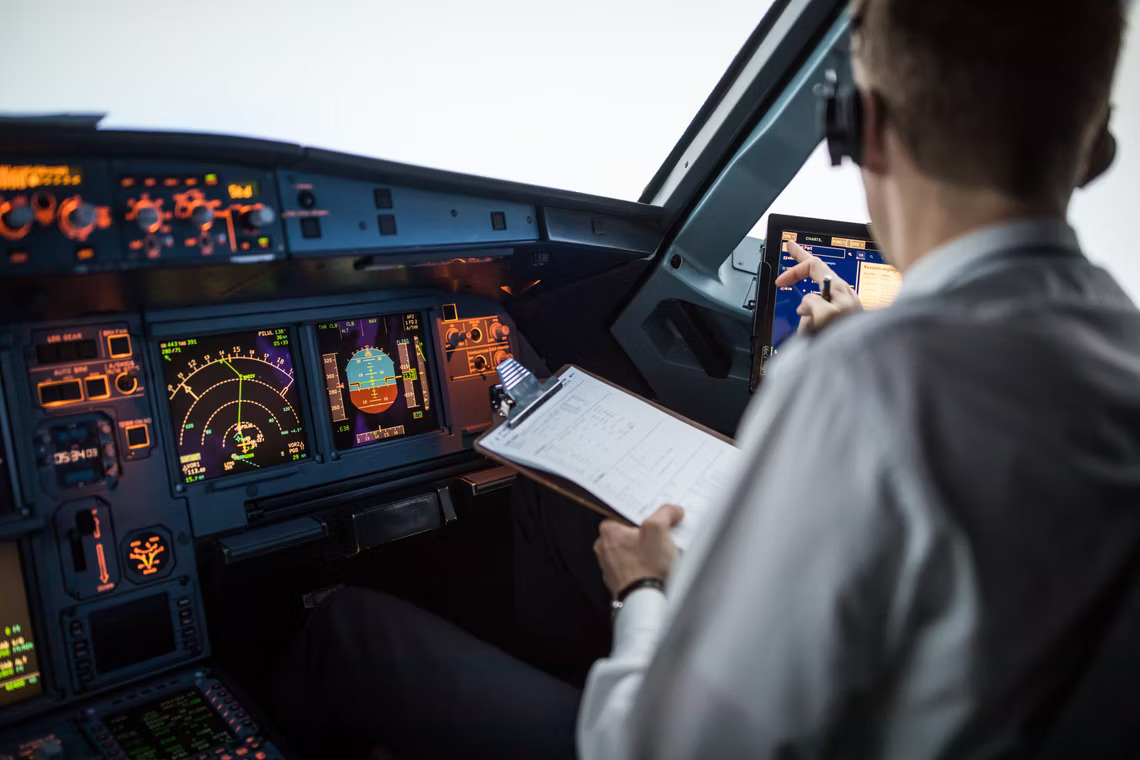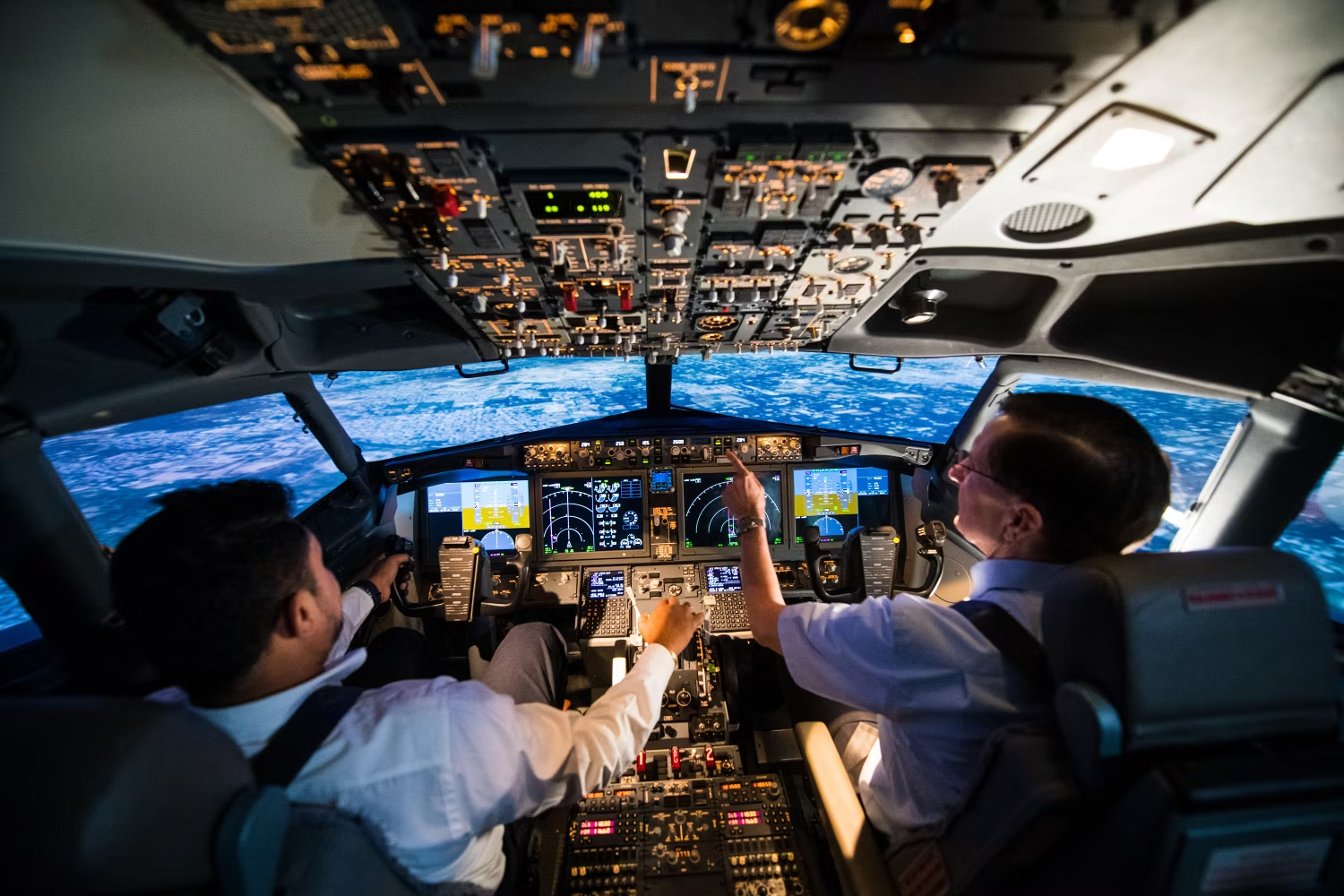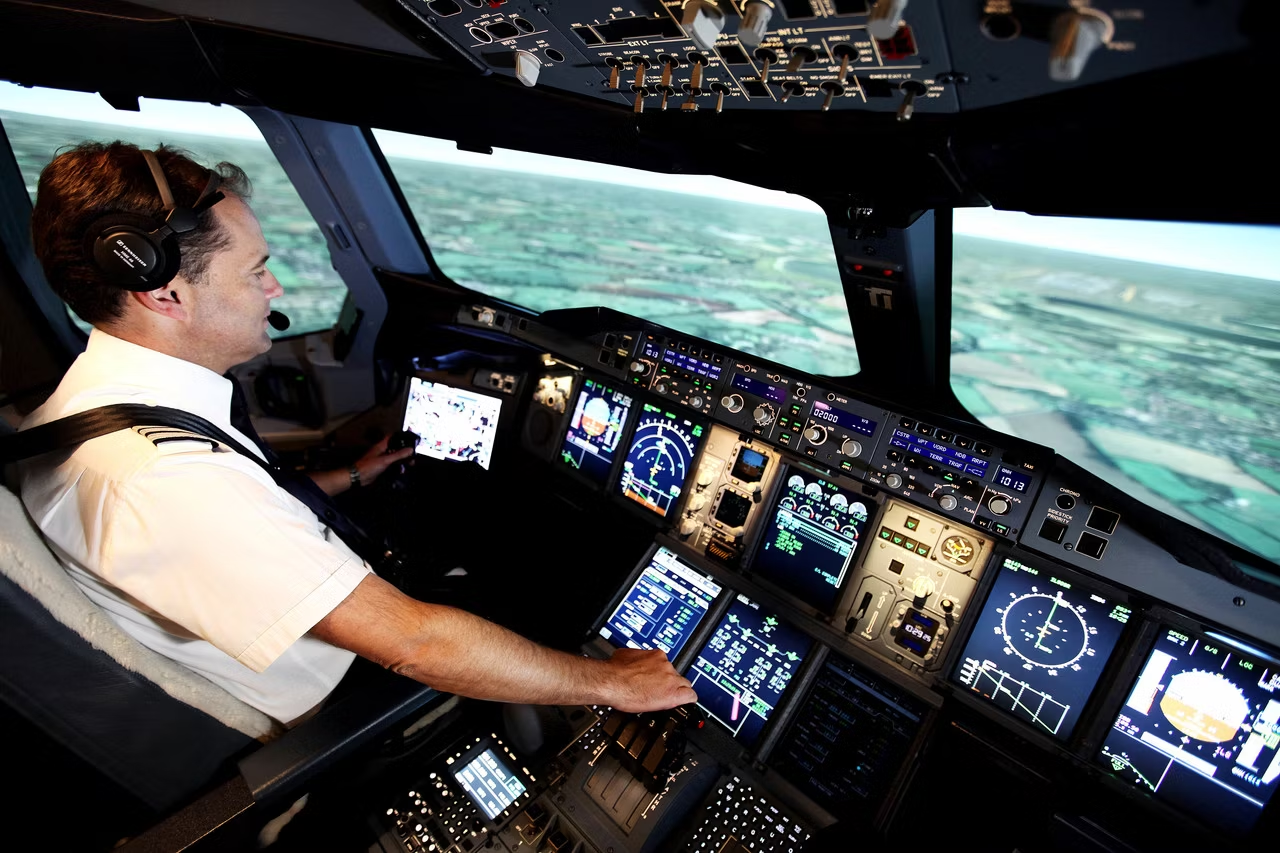EF Global VTOL
28 Jun 2023

Following a report by the Department of Transport (DfT) earlier this month outlining the challenges facing aspiring pilots from low-income backgrounds, the UK Government has pledged £750,000 ($950,000) towards supporting “future generations of aviators.”
Extra funding
Announced by Aviation Minister Baroness Charlotte Vere on Friday during a visit to Norwich Airport (NWI), the funding comes as part of the Government’s Reach for the Sky Challenge Fund, encouraging young people from disadvantaged backgrounds or underrepresented groups to pursue a career in the aviation industry.
Launched in 2022, the Reach for the Sky fund saw the government initially put up £700,000 ($890,000) in a move to “propel young people into aviation” and improve overall recruitment across the aviation industry.
The latest £750,000 funding is set to go towards outreach programs across the UK, with previous funding winners including sustainable youth engineering program Flight Crowd, Accessibility-focused Aerobility and Resilient Pilot, a mentoring and coaching scheme. A further £130,000 has been allocated directly to a summer school at Norwich Airport’s training academy, backed by social enterprise scheme NUNCATS.

“I want the aviation sector to be an inclusive and inviting one, and I am committed to ensuring that young people have opportunities to pursue rewarding careers in this sector,” noted Baroness Vere
“This investment is crucial to help make the UK the best place in the world for aviation and grow the economy, with a diverse workforce that can effectively address challenges today and in the future. The Government is dedicated to working with the industry to ensure that jobs in the aviation sector are accessible to everyone."
Baroness Vere has frequently voiced her support for making the aviation industry an inclusive and accessible space. Speaking to The British Airline Pilots Association (BALPA) in 2019, Vere slammed aviation’s limited social mobility, freezing out many candidates that were unable to rely on the “Bank of Mum and Dad.”
Addressing issues
Earlier this month, research by the DfT, Systra, and Northpoint uncovered the rising costs of pilot training and its impact on diversity within the industry. According to the report, the total cost of obtaining an Air Transport Pilot License (ATPL) or Multi-pilot License (MPL) had soared to between £60,000 ($76,000) and £150,000 ($190,000), while options for funding remained limited.

BALPA backed the report, renewing its long-standing call for the government to support those from under-represented groups to enter the pilot progression. According to the union, just 6% of pilots worldwide are women, while 4% are from BAME backgrounds.
Alongside its Reach for the Skies funding, the UK government and DfT also backs the General Aviation campaign, part of the DfT’s 22-point plan, aiming to increase the amount of trained flight crew members and engineering roles within the UK.
The 22-point plan laid out in June 2022 by then Secretary of State for Transport Grant Shapps targets the post-pandemic disruption facing UK aviation, with measures including general recruitment, improving scheduling for airlines, minimizing disruption, and supporting passengers during delays.